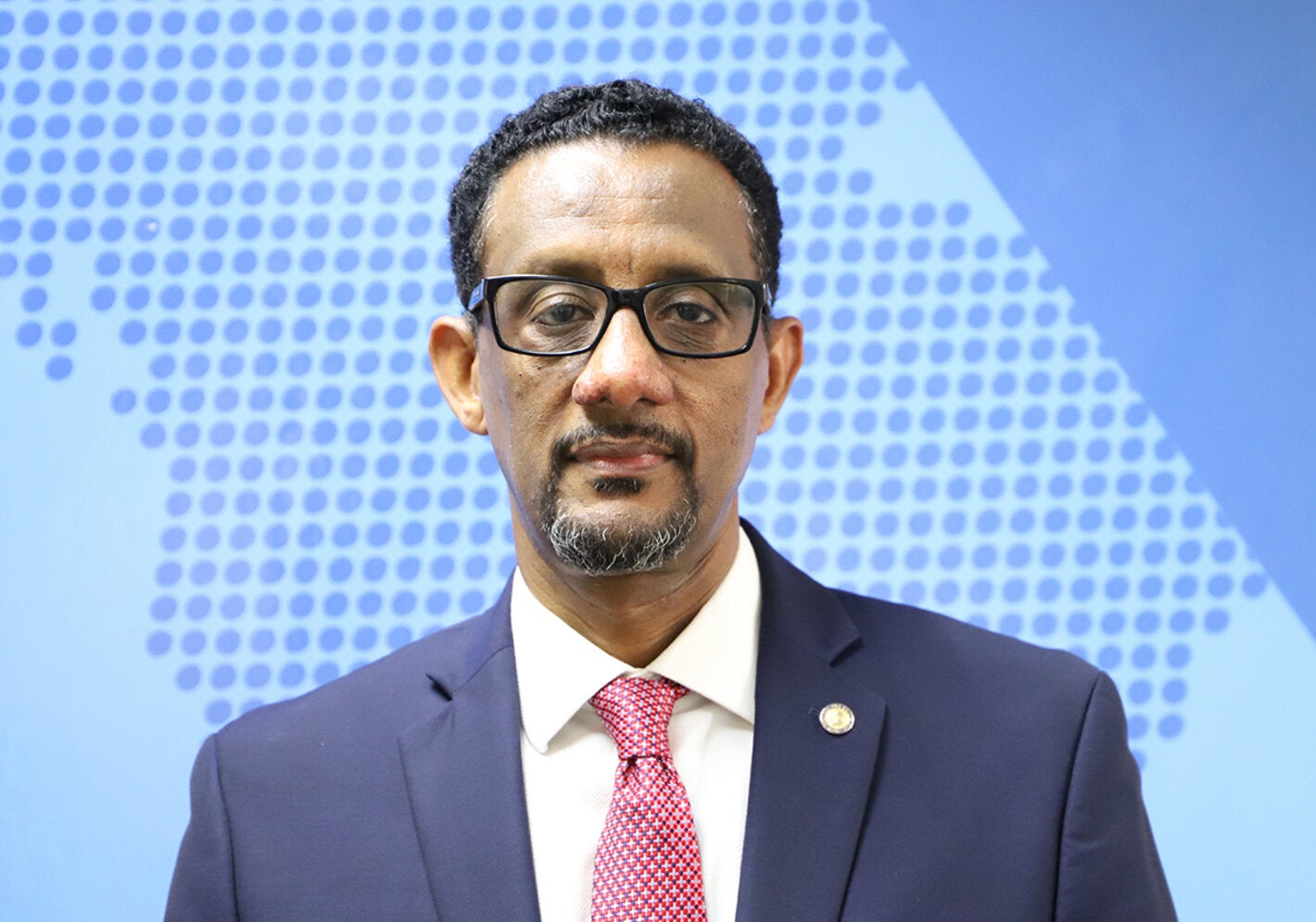
Bridgetown, Barbados, 9 October 2020 (PAHO/WHO) - Message by PAHO/WHO Representative for Barbados and the Eastern Caribbean Countries, Dr Yitades Gebre.
The World Health Organization (WHO) has issued a call to countries to focus on increased investment in mental health as we recognize World Mental Health Day being celebrated on October 10. The theme carefully chosen comes in the midst of the devastating global impact as a result of the COVID-19 pandemic, and the considerable effect on mental health of individuals, families and communities.
The COVID-19 pandemic has disrupted or halted critical mental health services in 93% of countries worldwide while the demand for mental health is increasing, according to a new WHO survey. The first global data shows the devastating impact of COVID-19 on access to mental health services and underscores the urgent need for increased funding.
Now more than ever is the time to bring mental health to the forefront. At the early stages of the COVID-19 pandemic, Dr Tedros Adhanom Ghebreyesus, the Director General of the WHO, observed that the impact of the pandemic on people’s health is already extremely concerning as “there were already reported high rates of depression, anxiety and insomnia”.
We commend the Governments, Ministries of Health, other Governmental sectors, Non-Governmental Associations, Faith-based Organizations and civil society for their immediate actions and commitments in building individual and community resilience by strengthening mental health programmes in their countries. The emphases were in the provision of mental health and psychosocial support using the integrated approach for intervention for health care workers; building of individual and community resilience through a series of educational activities and webinars; production and dissemination of information, education and communication materials; provision and strengthening of tele-MHPSS; and the establishment of national coordinating mechanisms within services and programmes.
WHO recently reported that there was widespread disruption in approximately two-thirds of critical mental health services for the vulnerable population including that for children and adolescents, older adults and women seeking antenatal care. 67% of respondents saw disruptions to counselling and psychotherapy and 30% reported disruptions to access for medications for mental, neurological and substance use disorders.
As our member states engage in activities to “stay connected in spite of physical distancing”, we urge the Governments to allocate human and financial resources to the strengthening of mental health programmes. Our countries still have a deficit of mental health professionals in the public sector and budgetary allocation for mental health programmes are minimal. Integrated approaches are lacking, and stigma and discrimination continue to be a mitigating factor to achieving and maintaining gains.
The Office of Barbados and the Eastern Caribbean commends its member states for their achievements and urge them to continue to accelerate their response in strengthening provision of mental health including psychosocial support at a national level, which can only be obtained through continued investment in mental health
We urge all civil society to maintain physical distancing whilst staying connected with families, older persons and community members ensuring that no one is left is behind. We urge governments to accelerate their actions as quicky as possible to expand mental health and support services so that no one is left behind.



